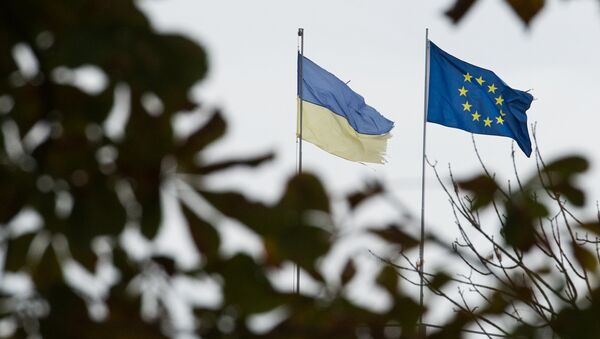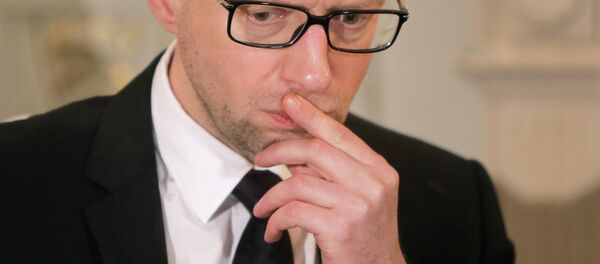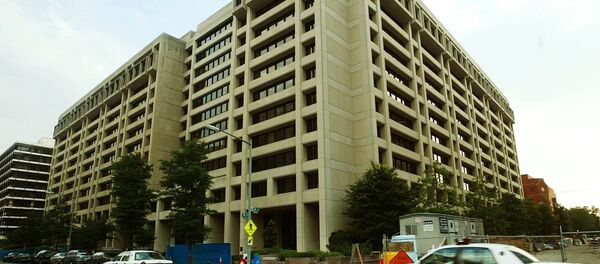"Those who are strong and united are better able to withstand external threats," the two diplomats wrote in Ukraine’s European Pravda/Euro Integration publication.
Ayrault and Steinmeier said Ukraine’s president, prime minister, government and legislature, ruling coalition and the opposition – as well as all parliamentary factions and constitutional bodies – must together embark on the "correct and necessary, but difficult and sometimes painful course."
Acknowledging progress achieved in energy, law enforcement and banking reforms, the ministers argued in favor of further "swift" reforms to combat "certain individuals who without any antitrust barriers concentrated huge economic power and shamelessly use it for political influence."
"Serious allegations of overwhelming corruption endanger public consolidation," Ayrault and Steinmeier stressed.
Earlier this month, Ukraine's main donor IMF voiced concerns that Kiev risked returning to a pattern of failed economic policies characterized by slow progress in fighting corruption and improving governance.
Ukrainian Prime Minister Arseniy Yatsenyuk’s government survived a no-confidence vote on February 16, forcing various factions to leave the ruling parliamentary coalition. The next vote is only allowed at the next parliamentary session, scheduled to open on September 6.



